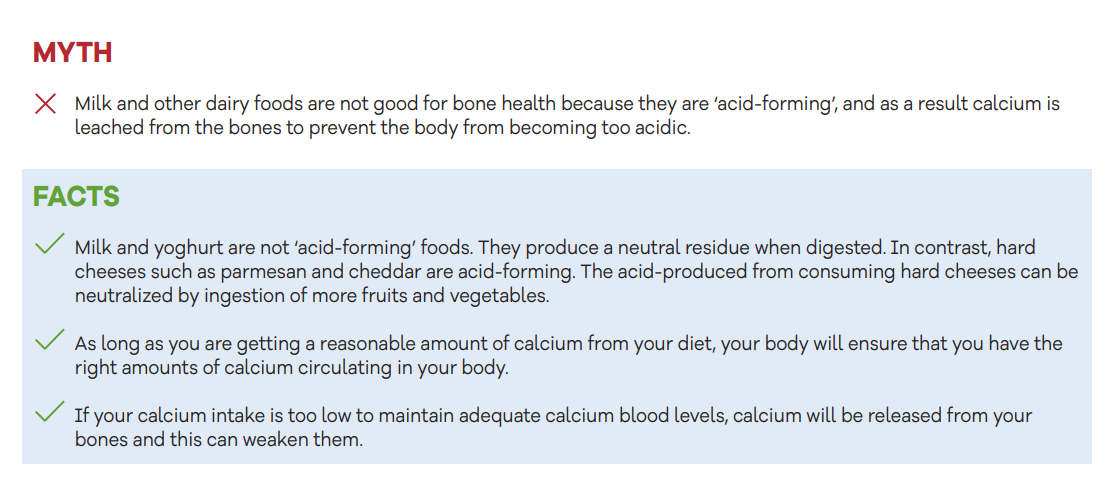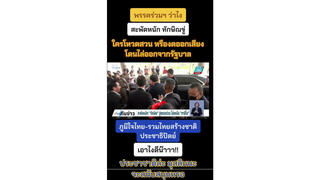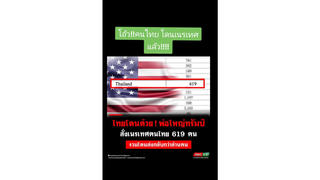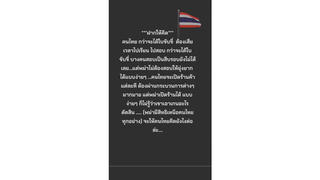
Does drinking cow's milk make your bones more brittle? No, that's not true: Research has confirmed that the intake of dairy products, such as cow's milk, does not lead to weakened bones. On the contrary, it aids in preserving bone mineral density and bone mineral content, thereby postponing the onset of conditions like osteoporosis and osteopenia.
The claim appeared in a video (archived here) on TikTok on March 28, 2023, under the title (translated from Thai to English by Lead Stories staff): "Let's quit drinking cow's milk. Do not further ruin your bones." It began (as translated):
Cow milk does not have benefits as we think. It increases the risk of Osteoporosis and Osteopenia.
This is what the post looked like on TikTok at the time of writing:

(Source: TikTok screenshot taken on Wed Jan 31 17:19:42 2024 UTC)
According to Hfocus Organization's website (archived here), Associate Professor Prapaisri Sirichakawan, an adviser to the Institute of Nutrition, Mahidol University, said that cow's milk is a source of protein and calcium that make bones and teeth strong (as translated).
We promote to breastfeed newborn babies. When they are above one year old, they can start having cow's milk until they are old. Calcium (in cow's milk) supports growth. It also helps prevent Osteoporosis and it maintains the strength of the bones
Osteoporosis (archived here) and osteopenia (archived here) occur when there is a decrease in bone mineral density (BMD).
A study (archived here) titled "Milk and Dairy Products: Good or Bad for Human Bone? Practical Dietary Recommendations for the Prevention and Management of Osteoporosis," showed that women aged 20 to 49 years old who had consumed less than one portion of milk weekly during childhood exhibited lower bone mineral content (BMC) compared to those who had consumed more than one portion. Moreover, limited milk consumption during adolescence correlated with a 3 percent decrease in both bone mineral density (BMD) and BMC in the hip during adulthood. For women over 50 years old, a non-linear connection was observed between milk consumption in childhood and adolescence and the BMD and BMC of the hip.
The creator of the video on TikTok asserted that sugar in cow's milk could acidify the blood, increasing the risk of osteoporosis and osteopenia. However, this assertion is misleading. In a phone conversation with Lead Stories on February 1, 2024, a doctor from Udon Thani Hospital clarified that the natural sugar in cow's milk and regular sugar intake do not acidify the blood, except in individuals with diabetes whose bodies struggle to produce sufficient insulin to regulate blood glucose.
According to the International Osteoporosis Foundation's factsheet (archived here), milk and yogurt are not acid-forming food, but hard cheeses such as parmesan and cheddar are.

(Source: International Osteoporosis Foundation's factsheet screenshot taken on Fri Feb 2 11:13:00 2024 UTC)










